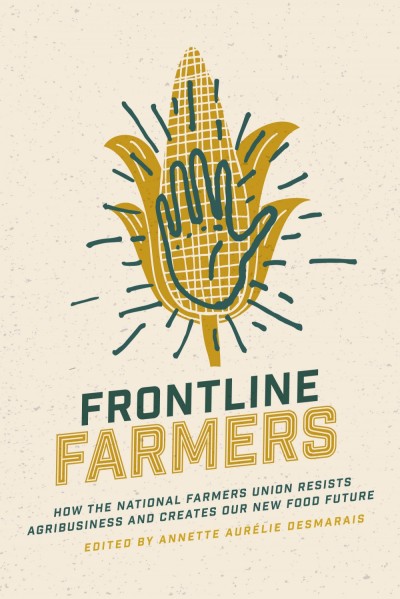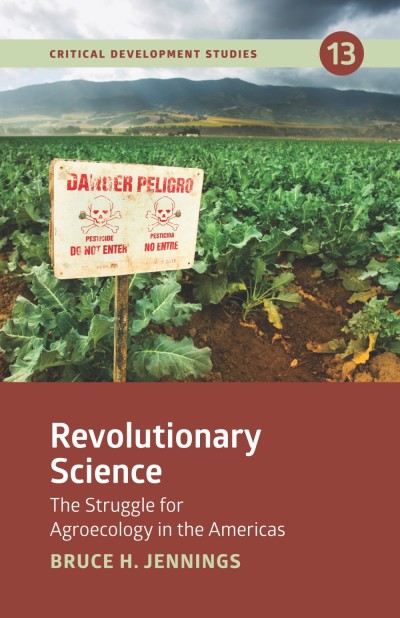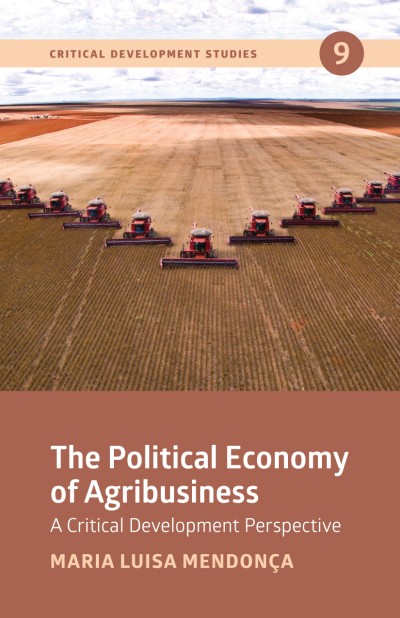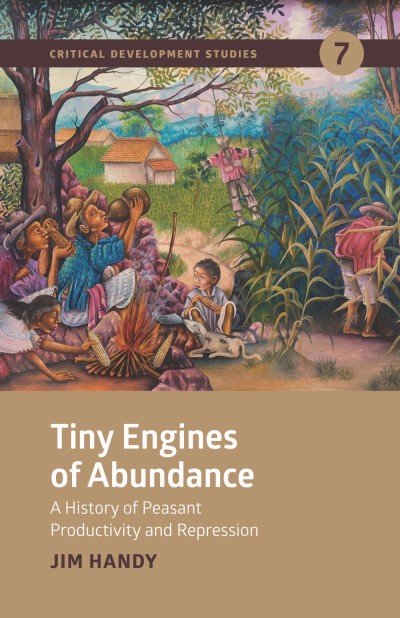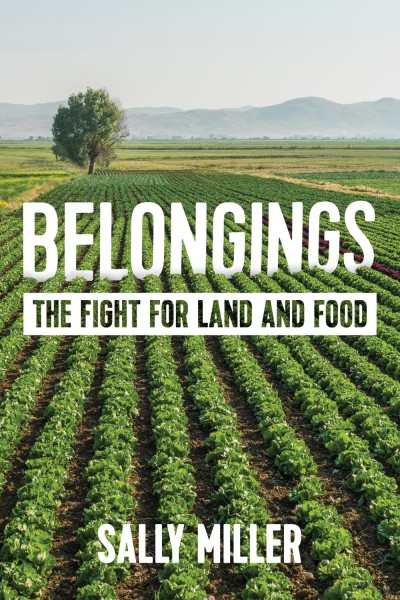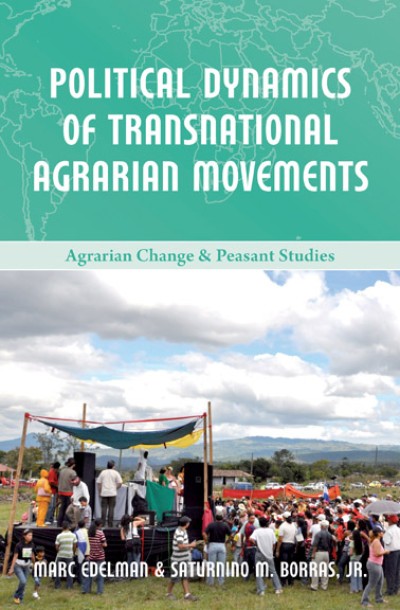
Food Sovereignty in Canada
Creating Just and Sustainable Food Systems
Contemporary Canadian agricultural and food policies are contributing to the current global food crisis: the industrialized, high-input, export-driven agricultural production sector, coupled with concentrated corporate processing and retailing, are ecologically unsustainable, increasingly unaffordable, unhealthy and socially unjust. Employing an interdisciplinary and multi-sectoral approach, Food Sovereignty in Canada explores how communities all over the country are actively engaged in implementing alternative agricultural and food models within the framework of food sovereignty – taking control over food-producing resources, markets and agricultural policy. This framework offers Canadian citizens, researchers and policymakers the opportunity to build alternative agricultural and food models that are less environmentally damaging and that keep farmers on the land while ensuring that those living in cities have access to healthy and safe food. Achieving food sovereignty requires conceptual and practical changes, reshaping menus, farming, communities, relationships, values and policy, but, as the authors clearly demonstrate, the urgent work of building food sovereignty in Canada is well under way.
About the book
Contemporary Canadian agricultural and food policies are contributing to the current global food crisis: the industrialized, high-input, export-driven agricultural production sector, coupled with concentrated corporate processing and retailing, are ecologically unsustainable, increasingly unaffordable, unhealthy and socially unjust. Employing an interdisciplinary and multi-sectoral approach, Food Sovereignty in Canada explores how communities all over the country are actively engaged in implementing alternative agricultural and food models within the framework of food sovereignty – taking control over food-producing resources, markets and agricultural policy. This framework offers Canadian citizens, researchers and policymakers the opportunity to build alternative agricultural and food models that are less environmentally damaging and that keep farmers on the land while ensuring that those living in cities have access to healthy and safe food. Achieving food sovereignty requires conceptual and practical changes, reshaping menus, farming, communities, relationships, values and policy, but, as the authors clearly demonstrate, the urgent work of building food sovereignty in Canada is well under way.
In case studies of practical action, Food Sovereignty in Canada provides an analysis of indigenous food sovereignty, orderly marketing, community gardens, the political engagement of nutritionists, experiences with urban agriculture and the strengthening of links between rural and urban communities. It also highlights policy-related challenges to building community-based agriculture and food systems that are ecologically sustainable and socially just. This book is essential reading for anyone interested in holistic, healthy and sustainable food production and consumption.
Contents
- Section 1 - Why Should Canada Pursue Food Sovereignty? - Nurturing Food Sovereignty in Canada (Nettie Wiebe & Kevin Wipf)
- The State of Agriculture in Canada and the Need for Food Sovereignty (Darrin Qualman)
- Food Sovereignty and the National Farmers Union: Grassroots Issues and Challenges (Naomi Beingessner)
- Women Farmers Define a Food Sovereignty Policy for Canada (Annette Aurélie Desmarais, Carla Roppel & Diane Martz)
- Section 2 - Implementing Food Sovereignty - Community Nutrition Practice and Research: Integrating a Food Sovereignty Approach (Rachel Engler-Stringer)
- Food Secure Canada: Where Agriculture, Environment, Health, Food and Justice Intersect (Cathleen Kneen)
- Growing Community: Community Gardens as a Local Practice of Food Sovereignty (Yolanda Hansen)
- Food Sovereignty in the Golden Horseshoe Region of Ontario (Harriet Friedmann)
- Indigenous Food Sovereignty: A Model for Social Learning (Dawn Morrison)
- The Limits of Farmer Control: Food Sovereignty and Conflicts over the Canadian Wheat Board (André Magnan)
- The Potential for Food Sovereignty in British Columbia: Food Regime Contradictions and Local Resistance (Hannah Wittman & Herb Barbolet)




